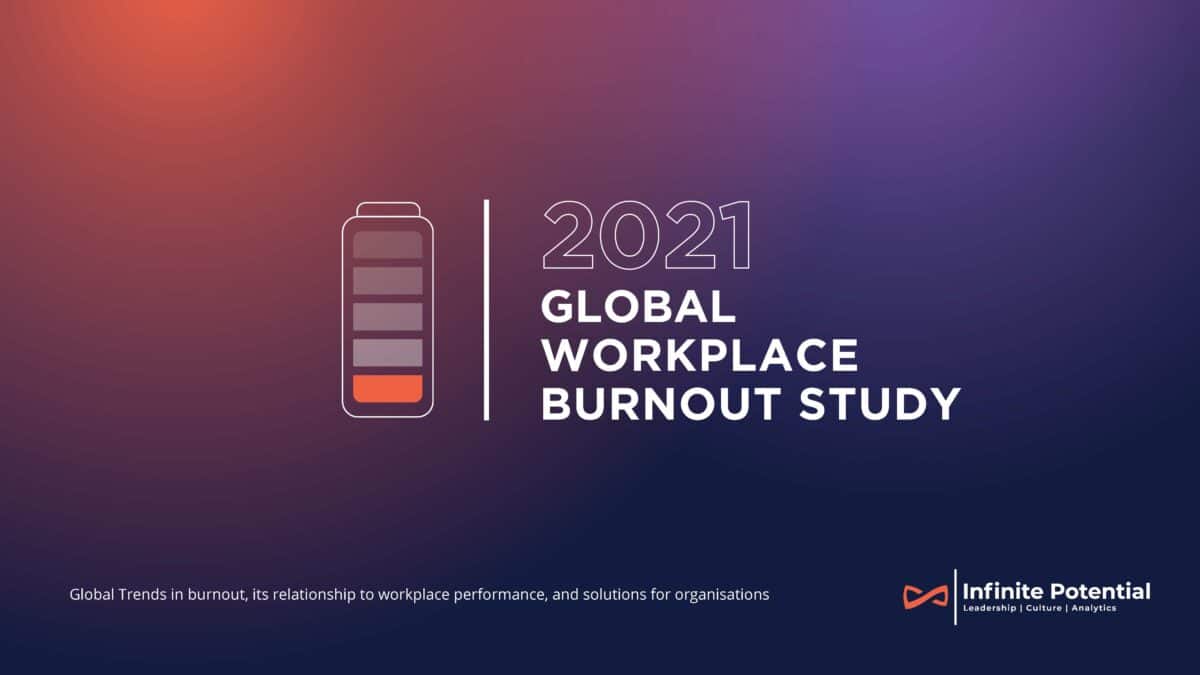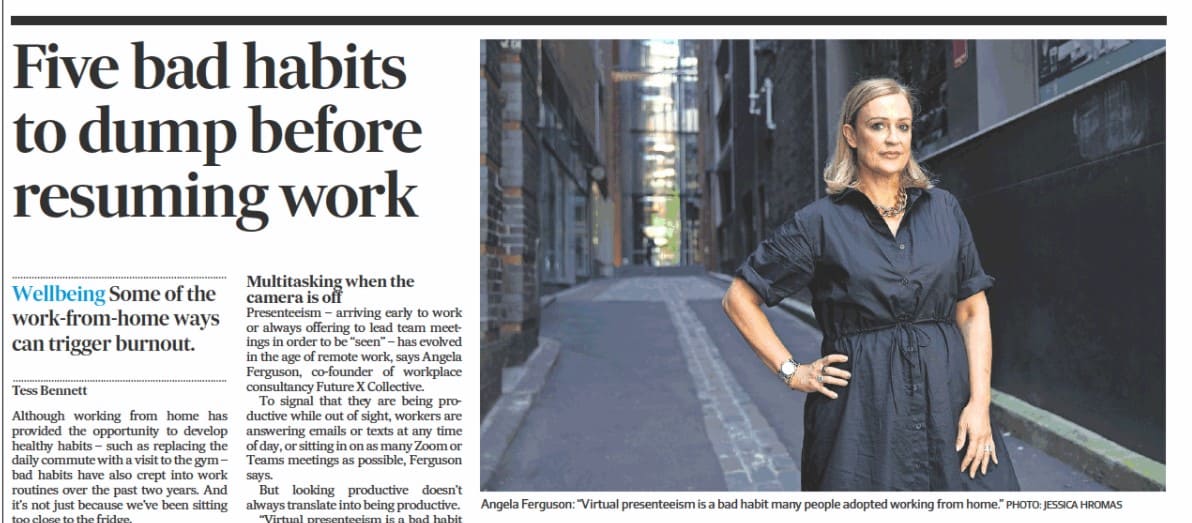Last week two young women, Grace Tame and Brittany Higgins, made speeches at the National Press Club about the sexual abuse of minors and an alleged sexual assault in Parl ment House, respectively, and the social changes required to prevent both risks. Both spoke about the need to prevent these abuses and assaults. OHS needs to understand and, in some ways, confront what is meant by preventing harm. The words of Tame and Higgins help with that need.
Category: Leadership
Achievements and opportunities
In November 2022, Victoria has its State Election. The current Government of the Australian Labor Party has a solid parliamentary presence and is tipped to win another term of government. Although the 2022 Platform is yet to be released, it is worth looking at the 2018 policy document for what was promised and has been achieved in occupational health and safety (OHS) since then and speculating on what is left to do or announce in 2022.
The opposition Liberal Party of Victoria does not release policy documents but does include a list of its “beliefs”.
Below is a list of what Labor “will” do from the OHS chapter of its 2018 platform document:
Australia Day and OHS
[Article updated at 5.00pm]
Three Australians have received recognition on today’s Australia Day Honours – Kate Cole, Michelle Baxter and Sharann Johnson for occupational health and safety work, The official citations are for “For service to workplace health and safety”, “For outstanding public service to the health and safety of Australian workplaces and the community, particularly during the COVID-19 pandemic” and “For significant service to community health as an occupational hygienist, and to service groups” respectively.
I have never met these recipients, but I have heard several of them speak in various locations and media. The Australia Day process itself provides very little detail of accomplishments, so it is up to each of us to watch for mentions and profiles in the media over the next week or so. To help in this endeavour, below are some relevant links and hashtags.
Many award recipients have affected health and safety conditions in various workplaces. The health care setting and COVID-19 are of particular relevance, but occupational health and safety rarely gets this level of recognition. Often, no one receives an award in this sector, so this year is unique and important.
Continue reading “Australia Day and OHS”The unmentioned OHS
Occupational health and safety (OHS) people know how to fix most hazards at work but often have very little power and insufficient influence to apply the fix. That is why OHS people need to read the business sections of major newspapers and mainstream media business websites. It is there that the executives and corporate leaders discuss OHS changes, even if they never say “workplace health and safety”. An article in last weekend’s The Guardian provides a good example.
We know how to prevent burnout but we have little desire to change
Probono Australia is reporting that employee burnout is on the rise. Burnout is increasingly being used as an alternative term for mental ill-health or stress at work. The report on which the writer based their article is not surprising, but the recommendations are. The subheading for the article is:
““Structural and cultural shifts, not wellness initiatives, are needed to address the chronic workplace stress of burnout.”
But the article also pulls together other workplace mental health factors:
“The rise of digitisation has brought with it a need to ‘always be on’ and, with that, employee work-life balance has become harder to maintain. It was this type of ‘24/7 access to employees’ thinking, the study found, that led to burnout.”
Blaming others after a cock-up
Occupational health and safety (OHS) has a long relationship with Blame. Blame has a long association with Responsibility. In the Australian Financial Review on January 19, 2022, Andrew Hill of the Financial Times wrote about both in relation to Novak Djokovic’s actions that led to his deportation.
Djokovic said that one of his administrative team completed his travel declaration incorrectly.
“…. my agent sincerely apologises for the administrative mistake in ticking the incorrect box.”
Hill states that regardless of who completes paperwork on your behalf, you are responsible for the document as it is your document that you are submitting. You are responsible for the document and ensuring that the document is correct.
Bad work “habits” are part of the problem
The headline immediately caught my attention:
“Five bad habits to dump before resuming work”
Australian Financial Review, January 4, 2022
Such is the power of the click-bait headline.
This article is aimed at middle managers and those working from home. It is in the Australian financial/business newspaper so articles about individual empowerment and entrepreneurship rather than structural change are expected. The article above is a classic example of the Australian Financial Review’s approach to workplace health and safety matters: a newspaper with significant influence on business leaders and executives but one that rarely quotes or approaches occupational health and safety (OHS) experts.







